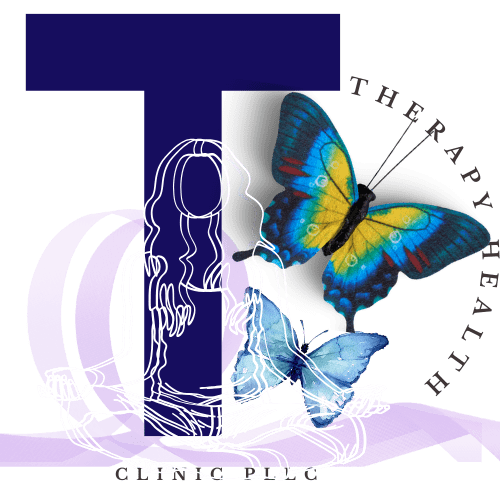Most families are not strangers to conflict. Tensions can run high between siblings, spouses, and between children and parents. Keeping the family unit in balance can be difficult, especially when one or more members have a problem that is affecting the rest of the family. In situations where personal attempts to resolve conflicts have been unsuccessful, third-party intervention may be helpful. Family counseling is a powerful tool used to identify the condition of relationships within the family and find ways of making them healthier. Often, family counseling is warranted by the behaviors or feelings of just one member. Examples of common causes for family counseling include family members who are experiencing:
- Depression
- Addiction
- Anger
- Jealousy
- Rejection
- Anxiety
Did you know?
Family therapy sessions are varied according to the dynamics within each family unit. Counseling will start first with all parties present, identifying how individual problems and conflicts affect other family members and the family as a whole. These issues are addressed openly in an effort to facilitate clear and honest communication between spouses, parents, children, and siblings.
Frequently Asked Questions
Does our family need family counseling?
You may need family counseling if you have relationship barriers within your family. This includes stresses, conflicts, a family crisis, or mental health challenges that result in instability and unhappiness for one or more members. Counseling offers valuable resources for reducing family anxiety and improving the long-term family dynamic as a whole.
What should we expect in family counseling?
During family counseling, each person will learn about healthy communication and the ways that unhealthy behaviors affect other family members. Frustrations and sources of tension will be brought to light, and family members will work individually and collaboratively to learn how to better interact with each other on an ongoing basis. The ultimate goal of family counseling is producing stability and trust.
How will our family be affected going forward after therapy?
Your family’s problems will not be solved overnight. Improving the health of your family means adopting constructive behaviors that facilitate healthy disagreements in the future. For members who have underlying emotional or physical issues that are causing an unhealthy family dynamic, individual counseling or treatment may be necessary.







